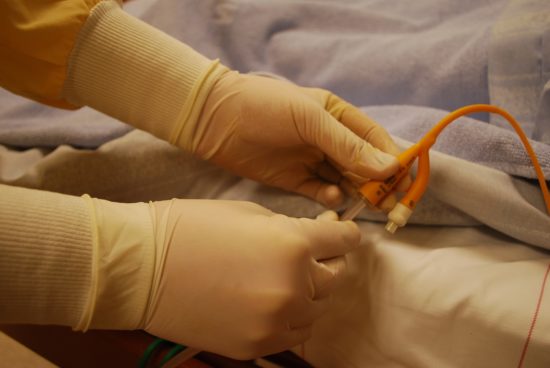“Hospital Superbug Uses Tiny ‘Sticky Fingers’ to Attach to Medical Devices”
“The antibiotic-resistant Acinetobacter baumannii bacterium is one of the most globally harmful bacteria that causes nosocomial infections. Researchers at the University of Turku have discovered that the bacterium attaches to plastic medical devices using tiny finger-like structures. The researchers were able to develop antibodies that prevent the bacterial spread.
Infections related to hospitals and medical devices form major healthcare problems worldwide. These infections are associated with the ability of pathogens to colonise both biotic and abiotic surfaces.
– The pan-antibiotic resistant Acinetobacter baumannii is one of the most troublesome pathogens for healthcare institutions globally and currently tops the World Health Organization’s priority pathogens list for the development of new antibiotics, says leader of the research group of the Joint Biotechnology Laboratory Anton Zavialov from the Department of Chemistry of the University of Turku.
The research group discovered a unique molecular mechanism that enables Acinetobacter baumannii and related pathogenic bacteria to colonise medical devices. This mechanism enables the bacteria to spread in hospitals.
– This discovery makes it possible for hospitals to reduce pathogen spread through simple and economical procedures, says Zavialov.”
Source: Infection Control Today

